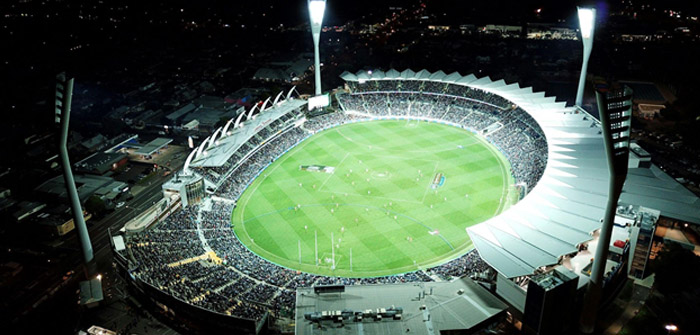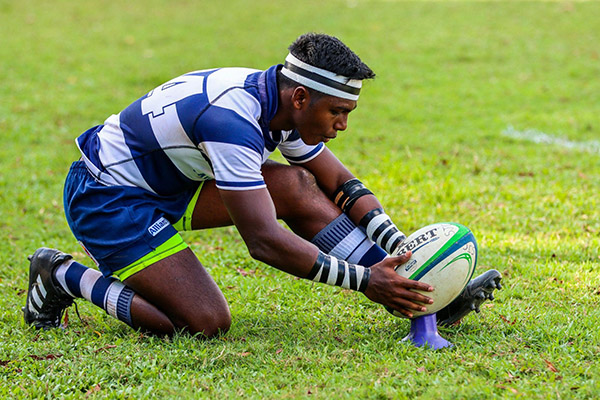The sports scene in Australia is thriving, where popular sports like golf, rugby, football, cricket, and tennis have gained nationwide popularity. Sports events are considered an integral part of Australian culture, according to 80% of the population. In such conditions, the sports industry is also interwoven with intricate and ever-changing layers, aiming to protect its national potential, identity, and assets. Knowing the rules on and off the field is important for all involved participants: sponsors, sports organisations, coaches, clubs, and athletes. And fiery fans keep cheering and boasting their favourite teams on and off the field. Even laws regarding sports in Australia are made around fans, promoting sportsmanship during games and allowing online sports betting, enabling fans to wager and support their teams! Sports betting institutions on a list compiled by Readwrite are established and trusted names in the Australian sports scene, much like other organisations and teams.
Speaking of established, the Australian Consumer Law exists to protect the end user from malpractice, deceptive advertisement, or harmful conduct. Bookies, sponsors, clubs, and organisations must all strive to provide accurate and clear messages backed up by ample info so that they can avoid any miscommunication or false advertising. Promotional activities in sports must remain within set parameters and guidelines, all gathered in the encompassing Competition and Consumer Act of 2010. Not all responsibility falls on one side of the field, as athletes must keep vigilant and one eye open to any malpractice they can report. Athletestes must also abstain from associating themselves with shady deals because every deal that sounds too good to be true likely is.
Various official governing bodies are also involved in Australian sports legalities, where sponsorship agreements are monitored closely. We’ve mentioned that sports in Australia are important and $9.76 billion is expected from online sports betting in 2024, so it’s easy to see why a strict and tight legal system is needed. Governing bodies are usually the highest level of protection, ensuring the integrity of sport and industry is maintained and that the playing field is equal for all, with no unfair advantages or manipulations. Each team has its dedicated follower base and fans. Each club is invested in its brand, and everything from logos to sports uniforms is specifically tailor-made for each club. Intellectual property has immense value because it allows for immediate identification and evokes powerful emotions.
Protecting such valuable sports brands (including trademarks, slogans, logos, etc.) falls under sponsorship agreements, but athletes have a personal responsibility to keep their team brand at all times. While legally, each team can protect its intellectual acts from infringes and misdemeanours, physical actions are the other half of the contract. Athletes presenting their teams can cause harm to brands with criminal actions, malicious behaviour, or misdemeanours, causing massive brand damage and alienating fans. Contracts exist to protect both the club and the individual, so both sides must be aware of agreed purposes and contractual obligations, on and off the field.
Sponsors have a guarantee that the intellectual property will be put to productive use and care, while competitors and their teams are guaranteed their fair share and control over the team image. Reaching out to a lawyer before signing anything, preparing yourself beforehand, and practising level-headed actions all lead to a positive outcome. Acting within agreed norms will lead to mutual satisfaction from each party involved and ensure an expanding and thriving sports scene in Australia.




